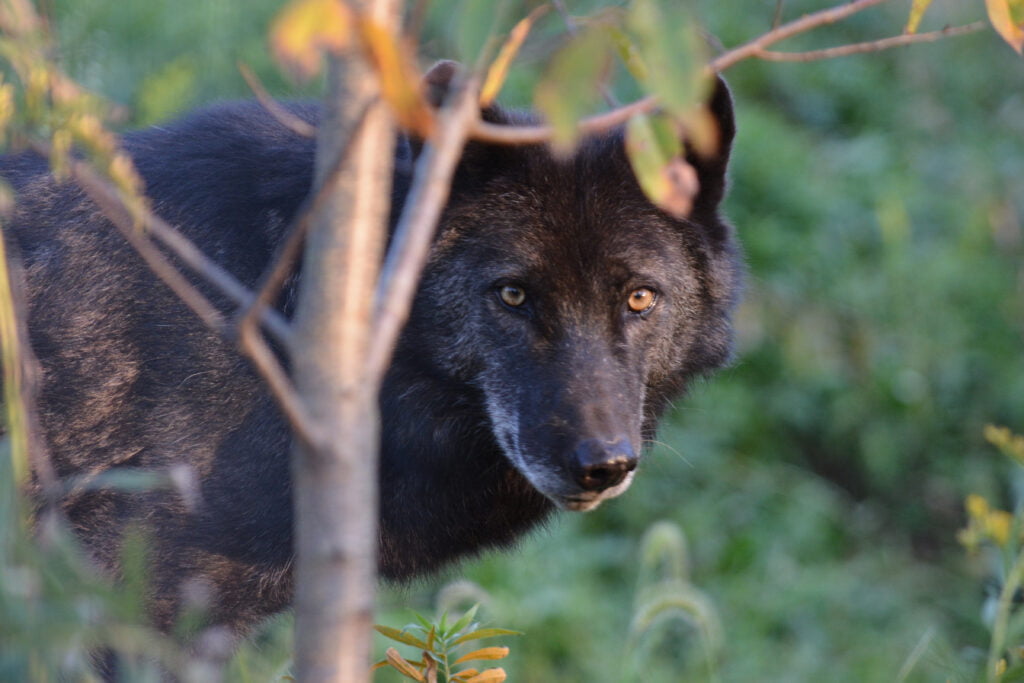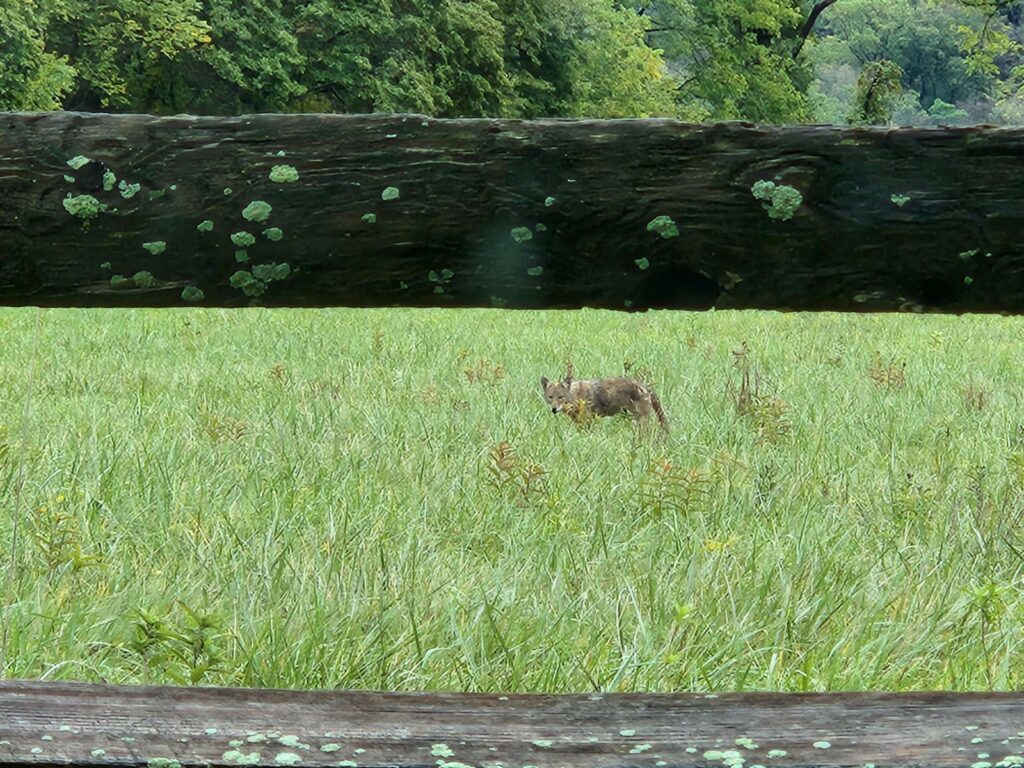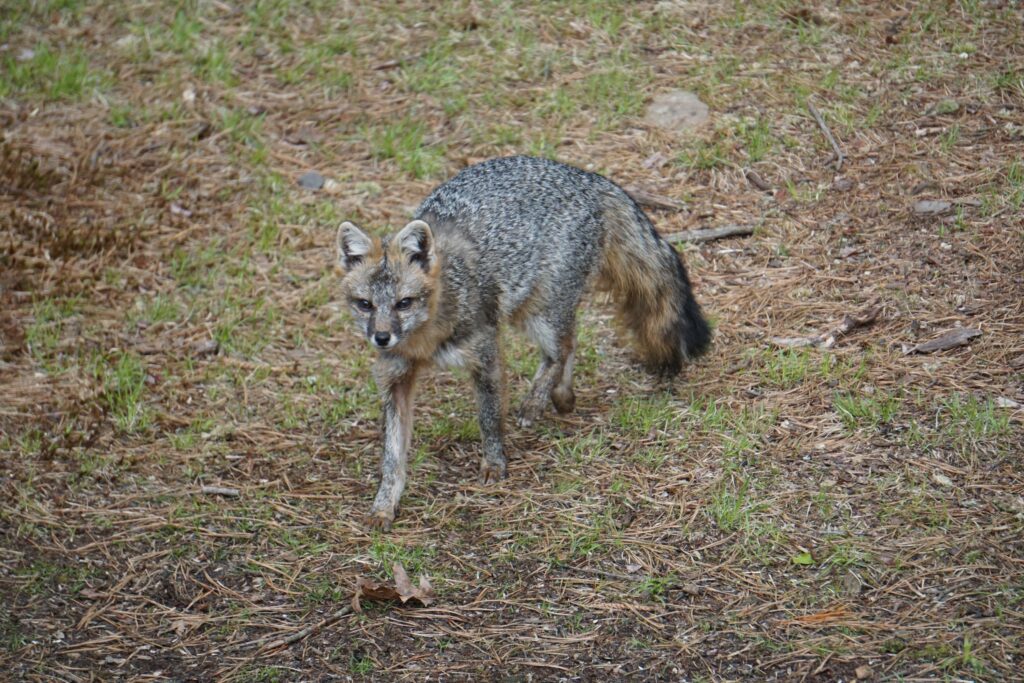Uncategorized
Are There Wolves in Pennsylvania?

Gray wolves were once prevalent throughout the US, including in Pennsylvania. They were locally extirpated by the early 1900s due to habitat destruction and overhunting and while they have returned to several states out west, they are still not present on the east coast (except at Wolf Sanctuary of PA!). Wolves are an apex predator – they are the top of the food chain and their presence (or absence) effects the other species in their ecosystem. Because wolves are no longer present in this area, humans are now left to manage the population of their local prey species, white-tailed deer, to prevent overpopulation.
Coyotes are now the top canid species in the area and their main prey species are typically smaller game such as small mammals and birds. Though they are not as good at managing larger game like deer, coyotes are just as important to the ecosystem since they have replaced wolves as the apex predator in the area. Like wolves and any other wild animals, they are elusive and tend to avoid direct contact or interaction with humans. Their populations tend to exist closer to human habitations, however like wolves they are crepuscular and tend to hunt at the edges of the day, dawn and dusk, to avoid human contact.

It is important to develop ways to coexist with the wildlife like coyotes in our area. After all, this is one of the major reasons why wolves are no longer present here, because humans did not seek coexistence and instead sought to remove them. Though coyotes are present here, seeing one is typically rare and the best method is to leave them alone, especially their den sites, so that they have a chance to survive in peace and continue existing as the apex predator in our area.

Foxes are another canid species that live in Pennsylvania and like coyotes and wolves, foxes avoid human populations, but unlike the other two, they may build their dens much closer to humans, sometimes even in your backyard! Like with wolves and coyotes, foxes usually leave the den site once the pups are old enough to travel, so its important to respect their space and give the pups an opportunity to grow up and move along.
Besides respecting their space, other ways that you can help local predators is to avoid throwing food items out of the car or into an area near the road. The animals themselves or their prey species may be drawn to the area causing them to get hit by cars. It is also a good idea to avoid feeding wildlife since you may be unintentionally giving them something that is not good for them to eat, and feeding them can make them more likely to approach humans thus putting them at a higher risk of being trapped, or even killed.
There is still a great deal of misunderstanding around wildlife, especially canid species, so learning ways to safely coexist with them, whether they be wolves, coyotes, foxes, or other wildlife, is vital to their well-being and survival. Learn more about wolves and wildlife coexistence by visiting for a tour.
